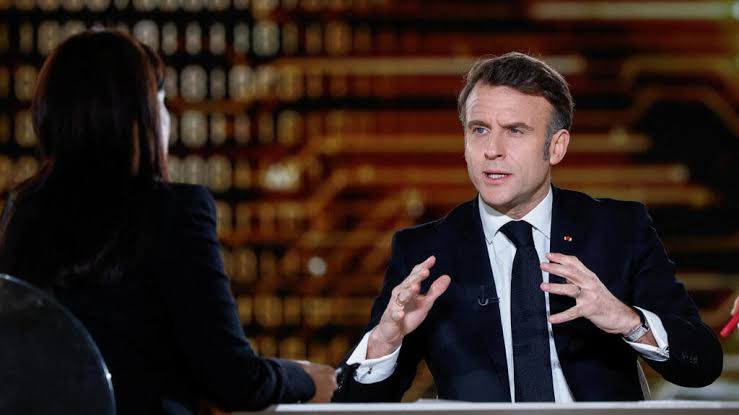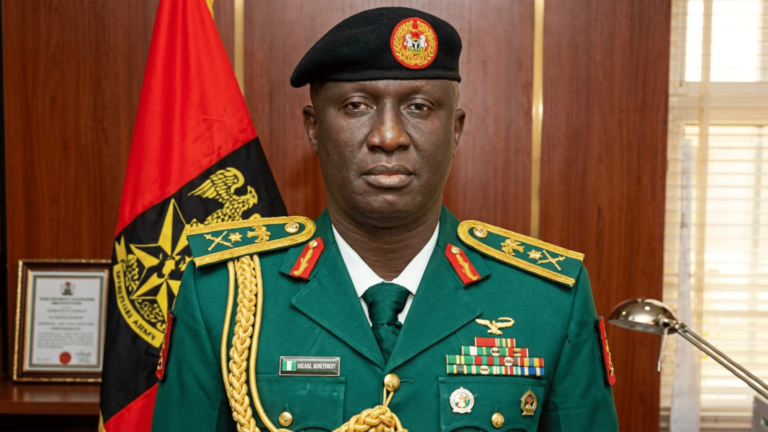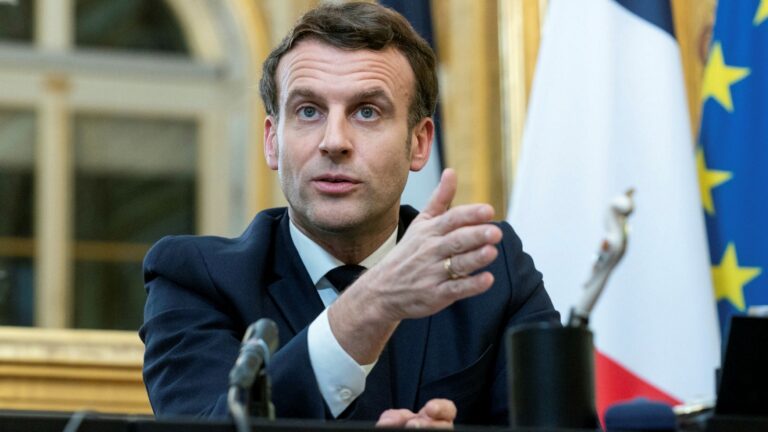
Political and technology industry leaders were scheduled to gather in Paris on Monday for a two-day summit focused on artificial intelligence, aiming to establish consensus on a technology that could significantly impact global business and society.
Co-hosted by French President Emmanuel Macron and Indian Prime Minister Narendra Modi, the event aims to establish a global framework for AI governance, advocate for more ethical, accessible, and cost-effective AI solutions, and promote European autonomy in technology.
The meeting, taking place on Monday at the luxurious Grand Palais in Paris, will welcome approximately 1,500 attendees. It will feature a series of lectures and panel discussions starting at 9:30 am (0830 GMT), focusing on the opportunities and challenges associated with AI.
Among the attendees will be political figures such as US Vice President JD Vance and Chinese Vice Premier Zhang Guoqing, alongside industry leaders like OpenAI CEO Sam Altman and Google CEO Sundar Pichai.
Reflecting on the two years since the launch of OpenAI’s ChatGPT, which can engage with a variety of natural language queries, Macron emphasized the advantages of artificial intelligence and France’s contributions to the sector.
Stargate’ establishes the benchmark
During a television interview, he committed to an investment of “109 billion euros ($113 billion) in artificial intelligence over the next few years” in France.
According to Macron, the funding will be sourced from the United Arab Emirates, “prominent American and Canadian investment funds,” as well as French enterprises.
He noted that the 109-billion-euro investment announced on Sunday represents “France’s equivalent to the US initiative known as ‘Stargate’,” referring to the $500-billion program spearheaded by OpenAI, the creator of ChatGPT.
Announcement makes ‘big bang’ at summit
Recent weeks have shed light on the technical hurdles and financial barriers faced by nations striving to remain competitive in the AI landscape.
The Chinese startup DeepSeek has impressed major players in Silicon Valley with its affordable yet high-performance AI models.
In the United States, President Donald Trump has endorsed the “Stargate” initiative, aimed at establishing computing infrastructure, including data centers.
These extensive facilities centralize the data storage and processing capabilities essential for developing and operating cutting-edge AI models.
“Europe must find a way to assert itself, take initiative, and regain control,” stated Sylvain Duranton from the Boston Consulting Group.
European Commission President Ursula von der Leyen is anticipated to unveil approximately 10 public supercomputers intended for researchers and startups during the summit.
Global Governance Challenge
In a move beyond mere investment announcements, a coalition of nations, corporations, and philanthropic organizations declared on Sunday their intention to invest $400 million into a partnership named “Current AI,” which aims to promote technology initiatives that serve the public good.
Current AI’s objective is to secure up to $2.5 billion to facilitate access to more data for AI developers, provide open-source tools and infrastructure for programmers, and create systems to assess the social and environmental impacts of AI technologies.
“We have witnessed the dangers of unregulated technological advancement and the significant benefits it can offer when it aligns with public interests,” stated Martin Tisne, the founder of Current AI.
Read more: Paris AI Summit: Canadian fund Brookfield to invest €20 billion in France
On Tuesday, political leaders from approximately 100 nations will convene for a plenary session, featuring prominent figures such as Modi, Vance, Zhang, and Von der Leyen.
France is optimistic that governments will reach voluntary agreements aimed at ensuring AI development is sustainable and environmentally responsible.
However, achieving consensus may be challenging among diverse groups such as the European Union, United States, China, and India, each with distinct priorities regarding technology development and regulation.



